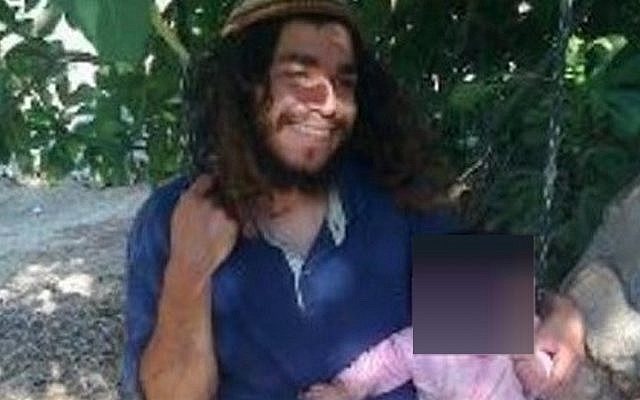“A justice system that respects human dignity cannot accept confessions made under duress as valid evidence,” the court ruled.
By: Ilan Evyatar/TPS
Confessions obtained through the use of “enhanced interrogation” techniques were inadmissible as evidence, the Lod District Court ruled Tuesday.
However, the court ruled that key confessions repeated later by the main suspect in a 2015 arson attack that killed three members of a Palestinian family were valid.
The defendants, Amiram Ben Uliel and an unnamed minor, are charged with membership in a terrorist organization and planning the July 2015 firebomb attack in the village of Duma near Nablus (Shechem) in Samaria, while Ben Uliel is also charged with executing the attack in which three members of the Dawabshe family were burned to death and a fourth suffered severe injuries.
The court ruled that while Uliel’s confession under enhanced interrogation, including physical means, that he carried out the Duma attack was invalid, his repetition of the confession 36 hours later to interrogators from the Israel Security Agency (Shin Bet), which was videotaped, could stand.
Ulilel’s lawyers had claimed that the fact that he was questioned shortly after undergoing enhanced interrogation meant that the defendant was not in fact making a confession of his own free will, but rather was doing so under duress. However, the court said that video of the interrogation showed the defendant was making a conscious choice about what to admit and what to deny and that his body language showed he was exercising free will.
With regard to the minor, the court ruled that while confessions obtained through the use of stool pigeons to whom he admitted to lesser charges of arson and belonging to a terrorist organization were admissible, all confessions obtained through the use of advanced interrogation and during follow-up investigations conducted after and in between the use of enhanced interrogation, in which he admitted to involvement in planning the Duma attack, were not admissible. The court noted that the minor had been subjected to enhanced interrogation on three occasions, that he had in real time expressed fears of being subjected to further enhanced interrogation and that he had required treatment for psychiatric difficulties in the wake of the final enhanced interrogation session.
Furthermore, the court noted, follow up interrogations were not videotaped, denying the court the ability to independently assess the climate during those sessions.
Decision ‘received with bitter sweetness’
“The decision to invalidate the defendant’s confessions is received with bitter sweetness,” said defense attorney Zion Amir. “It took two and a half years to reach a ruling that we saw as obvious from the beginning. The decision will have dramatic effects on the Israeli justice system, by which all investigating units, whether it be the police or the Shin Bet, must act in adherence to the law and not employ inadmissible methods.
“We congratulate the court on its courage,” he added.
“It’s clear that the Shin Bet caused physical pain and suffering in order to get [the defendant] to confess,” said Yitzhak Bam, a member of Ben Uliel’s defense team. “A justice system that respects human dignity cannot accept confessions made under duress as valid evidence. The fear of continued torture was the only thing that made the defendant continually confess [to the crimes] in between rounds of torture.”
On the other hand, prosecutors and members of the Dawabsheh family criticized the ruling. “If the defendants were not Israeli, something completely different would have happened. They would have gotten the death penalty on the spot, without waiting for due process,” said Hussain Dawabsheh, Ali’s grandfather.





